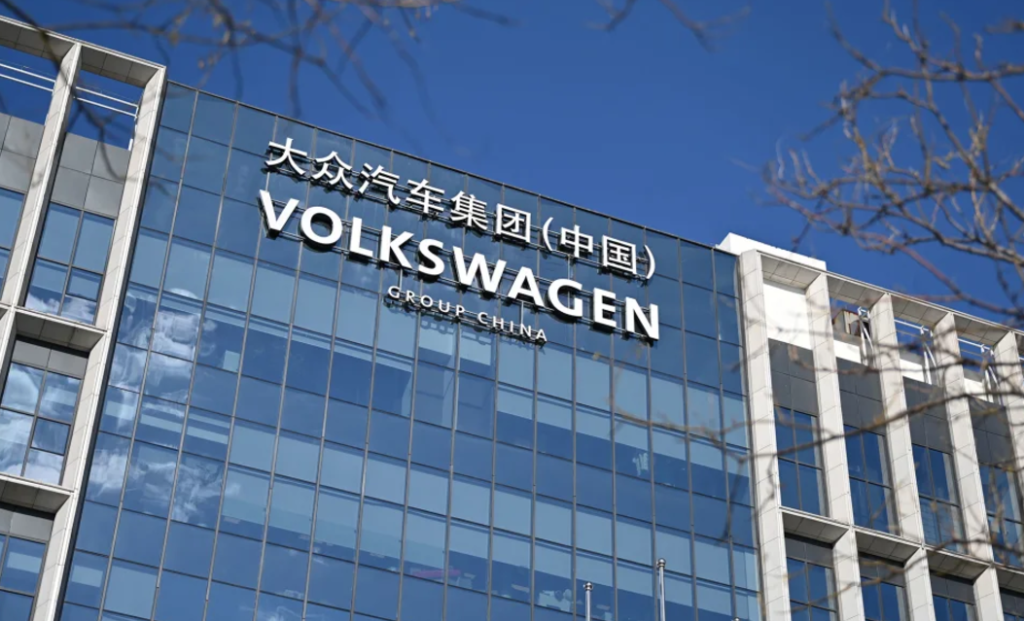Volkswagen has sold its factory in Xinjiang, a region in northwestern China that has faced significant human rights criticism, claiming “economic reasons” for the decision. A company spokesperson explained that the plant no longer made sense from a business perspective, as it had been producing combustion engine vehicles until 2019 but had since mainly served as a distribution hub for cars made in other factories. The spokesperson also pointed to the “huge pressure” from competitors in the electric vehicle market, stating that Volkswagen needed to speed up the transformation of its production network. As demand for combustion engine vehicles continues to decline, the company aims to focus more on electric vehicle production.
Electric car sales are increasing in several countries, and in China, they are expected to make up 45% of total car sales this year, as reported by the International Energy Agency. Volkswagen, the German automaker, announced the sale of its facility, which is part of a joint venture with China’s SAIC Motor, in a press release on Wednesday.
The sale of Volkswagen’s facility comes amid long-standing accusations from the U.S. government and human rights organizations that China has engaged in forced labor and other abuses, such as mass detentions, against the Uyghur Muslim minority in Xinjiang. China has consistently denied these claims.
In 2022, a United Nations report accused China of committing “serious human rights violations” against Uyghur Muslims in Xinjiang, potentially amounting to “crimes against humanity.” Additionally, a 2018 U.S. State Department report claimed China had detained at least 800,000, and possibly up to 2 million, Uyghurs and other Muslim minorities in internment camps. China has referred to these camps as “vocational training centers” and stated in 2019 that they had been closed.
Volkswagen faced criticism from human rights activists for owning a plant in Xinjiang, though the company denied any evidence of forced labor at the site. In February 2023, company executives visited the plant and reported no signs of human rights violations or poor working conditions. An audit conducted the previous year also found no evidence of forced labor. However, the Financial Times reported in September that the audit did not meet international standards. In response, Volkswagen told CNN that it had always adhered to legal requirements in its communications and had never misled the public or investors.
Volkswagen is also facing increasing competition in China, the world’s largest passenger car market, as local manufacturers expand their electric vehicle production. At the same time, the company is dealing with challenges at home. Last month, Volkswagen announced plans to close at least three factories in Germany and lay off tens of thousands of employees, marking the first factory closures in its 87-year history.

